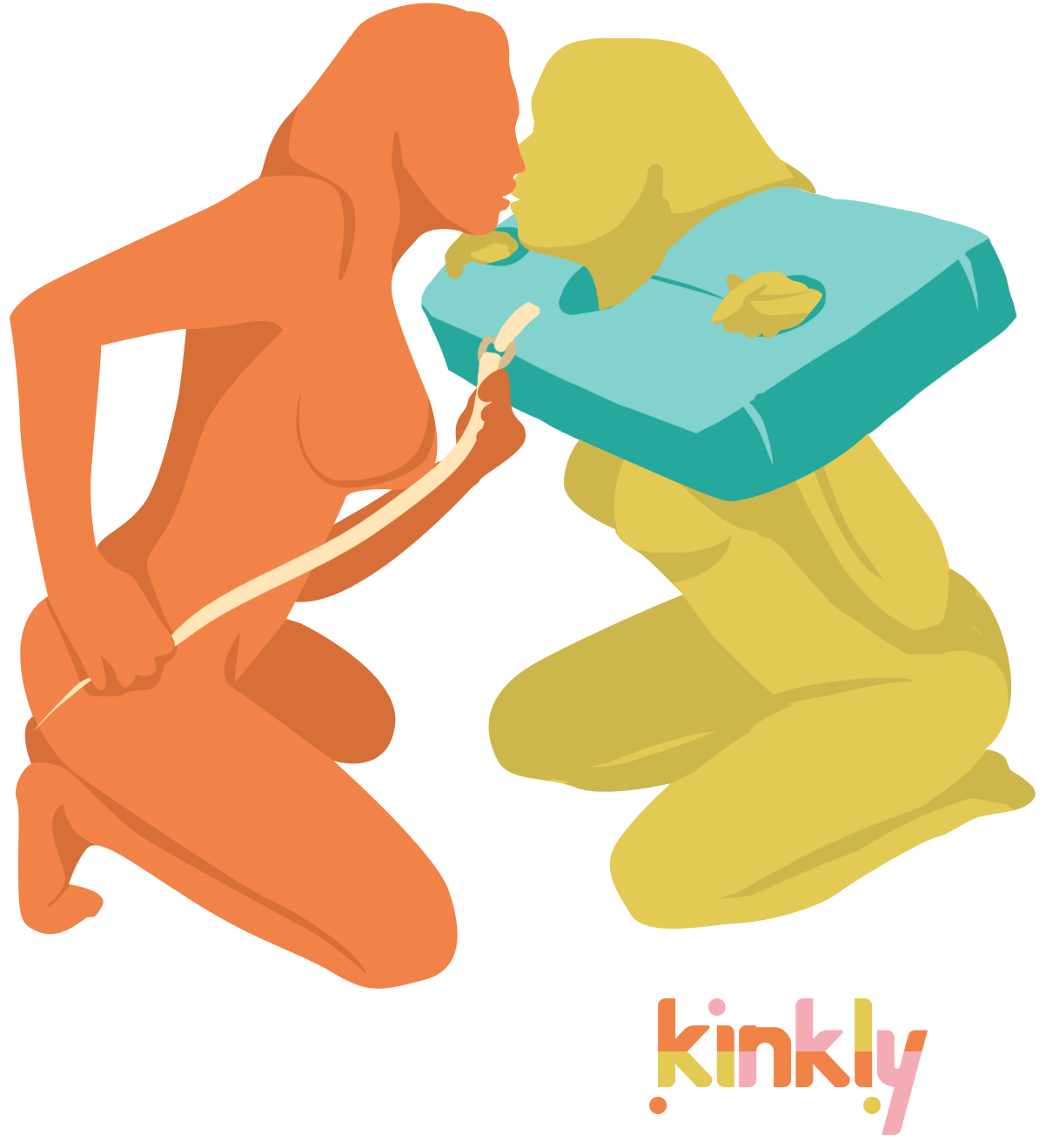If legends of love potions and love antidotes tell us anything, it’s that ever since humans figured out they could love, they knew that love is a thing that comes from the body.
In fact, much science has been done and much ink has been spilled over how human hormones regulate lust, attraction and long-term bonding. The conclusion? We have a lot less control over who we’re attracted to and who we fall in love with than we think.
Well, that explains a lot.
Here’s how the many chemicals flooding our system influence who we choose and how we feel.
Step One: Desire
You’re single. You’re horny. You go out to a bar and see an attractive person laughing with friends. You instantly imagine yourself kissing, touching and having sex with that person. This is the first stage of love: desire and lust.
This stage is controlled by two hormones: testosterone and estrogen (women have testosterone too, albeit in smaller amounts than men). These hormones regulate the reproductive system and activate when you find someone attractive. (This is why birth control pills can affect your sex drive. Learn more here.)
In other words, your body’s first reaction to a potential partner is, "Let’s make babies!"
Step Two: Attraction
This is where love gets more complex than a simple drive to get it on. A cocktail of powerful hormones (dopamine, adrenaline and serotonin) turn us into love-struck zombies. People under the spell of these hormones spend their time thinking about the other person, eat less and even sleep less.
Dopamine works to control our reward and pleasure centers. Dopamine gets activated when something good happens, something that produces a pleasurable reward. The high dopamine levels in the brain during this phase of love tell us that being around our partner is synonymous with pleasure. It's powerful stuff: The release of this hormone in the brain of new lovers has been compared to taking cocaine!
Adrenaline is also present in this phase. This is the hormone that makes your heart race, your body sweat and your mouth dry up when you go on that second date.
Finally, serotonin is another brain chemical related to all sorts of systems in our bodies, including appetite, mood and our understanding of social situations. When in love, serotonin makes us adopt obsessive-compulsive behavior; this is why we can’t think of anything but a new partner.
A recent discovery by Italian scientists added the increased presence of nerve growth factor in people in the attraction phase. This protein is related to the growth, maintenance and survival of neurons. Basically, during the attraction phase, your brain becomes more active. Scientists do not quite understand what this means for human sexuality and reproduction, but it’s an interesting new path to pursue.
During this second phase, many chemicals in our bodies conspire to make us obsess over that new lover and to feel excited when he or she is around. Our brains develop a link between pleasure and the other person, making us want to be with them and think about them all the time. Because of the strength of this cocktail, the attraction phase can become, in itself, addictive: the pleasure we feel in this phase is lost as we move into the third step, prompting some people to break up as soon as it disappears and head out in search of a new "love high."
Step Three: Attachment
After the craziness that is the attraction phase, dopamine, serotonin and adrenaline go back to normal levels and give way to two other hormones: oxytocin and vasopressin. These two hormones are what make us stick around after the first few months of a relationship.
Most of what we know about vasopressin comes from studies conducted on the prairie vole, an animal that forms life-long pairs and has intercourse beyond the needs of reproduction (awwww). An experiment with prairie voles showed that males who had received a drug to suppress their levels of vasopressin stopped showing devotion to their mates and failed to protect them against new suitors.
Oxytocin is released in the body following orgasm or when partners kiss, hug or cuddle. It is also present in women during childbirth and in breast milk. This hormone promotes long-term bonding, devotion and a desire to protect one’s family. (Learn more about the science behind orgasm in The Truth About Orgasms.)
A new insight into oxytocin also revealed that it stops men in monogamous relationships from being physically close with other women. In a study published in the November 2012 issue of the Journal of Neuroscience, men who were given oxytocin in a nasal spray form (and who were in a monogamous relationship) stayed further away (4 to 6 inches) from an attractive woman than those who were single or in the control group.
The pervading theory in evolutionary psychology and neuroscience is that vasopressin and oxytocin ensure that couples remain together to raise the children, which are ideally produced during the attraction phase. Regular sexual activity and close physical intimacy maintain these hormones at ideal levels. (We've said it before and we'll say it again, better sex, better relationship. Learn more about how to make it happen in When Sex Dries Up, How to Get Your Sexy Back.)
The Chemistry of Love
Science tells us that we have much less conscious control over what we feel than we think. It seems that our bodies are the ones calling the shots when it comes to love. But if you've ever been in love, you know that isn't always such a bad thing. At least not while it lasts.

















